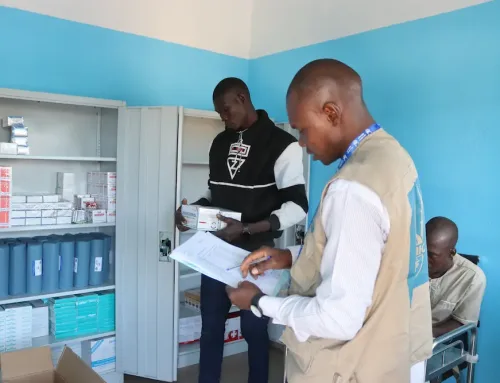We see children working in different fields almost every day. Depending on their communities, these children may perform regular tasks they are capable of or do strenuous work because of poverty and deprivation. This is commonly referred to as child labor.
Child labor involves children joining the workforce, performing simple or strenuous tasks, either for wages or sometimes without pay, and often without proper care to ensure their well-being. Regardless of the nature of the work and the child’s age or physical ability, continuous child labor is unacceptable because it hinders their social and psychological development, impacts their academic performance, and can subject them to danger.
Alarming Statistics on Child Labor
According to the United Nations agency report, recent conflicts, crises, and the COVID-19 pandemic have driven more families into poverty, compelling millions of children to work. As of 2024, approximately 160 million children, which amounts to nearly one in ten children worldwide, are still involved in child labor.
The prevalence of child labor is especially troubling in low- and middle-income countries, with one in every four children in impoverished nations engaged in work that negatively affects their health and development. Africa, in particular, has the highest number of working children, with 72 million children involved in child labor.
How does charitable work reduce child labor?
While these numbers do not suggest that the phenomenon has been eradicated, they do sound a strong alarm, urging each of us to take on our societal role and responsibility and to offer assistance.
Charitable projects that sponsor orphans play a significant role in reducing child labor. The absence of a father often compels children to seek their own source of income or forces the mother to sacrifice her children’s education to cut costs.
Additionally, charitable projects that support small family businesses can help alleviate this problem. When parents work together on a family project and receive enough funding, they may not have to send their children to work in unsafe conditions.
Other charitable projects also support family health. Many children work in place of their parents, who suffer from severe health conditions. If charitable projects focus on supporting the health of families with children, the likelihood of children having to work instead of attending school could decrease.
The International Waqf Fund Supports Poor Children
At the International Waqf Fund, we provide direct and indirect support to impoverished children. Our Waqf contributions in education, relief, and orphan sponsorship directly cater to children’s needs. Moreover, our sustainable projects and family health shares support families as a whole, ultimately benefiting children.
From this perspective, you can make a significant impact and save a child’s life and future by supporting our waqf shares or donating Sadaqah Jariyah. Learn more about our projects and how we operate, and then donate to support children.



